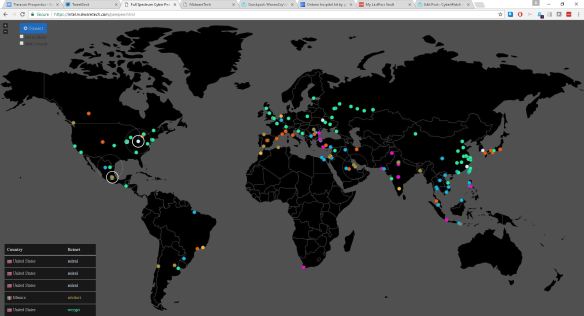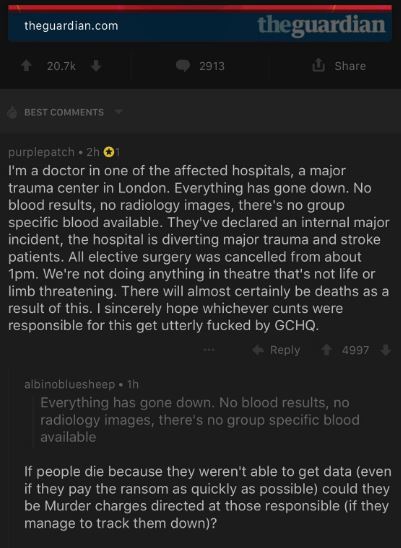I love spending my Sunday mornings catching up on the world. And I am a big fan of Fareed Zarakia GPSon CNN. The PoliSci major in me is a big lens through which I view things. These are my thoughts on what I heard today. I suggest you listen to the panel and guests for today’s show to see what you think.
- Unholy Alliances: Saudi Arabia and the dangerous liaison between Trump and the country that actually funds, harbours and supports terrorism which is NOT Iran as Trump stated in his speech in Saudi. The statistics on who is behind terrorist events impacting North America points the finger of blame squarely at Saudi, but we knew that. We have know that since 9/11. Is this a case of keep your friends close but your enemies closer? No, sadly not. As Fareed put it, Trump has been played by the Saudis. Fareed’s guests on the panel today were: Richard Haass, president of the Council on Foreign Relations, Anne-Marie Slaughter, president and CEO of New America, Ian Bremmer, president of the Eurasia Group, and Matthew Kroenig, associate professor of government at Georgetown and the School of Foreign Service there. I would liken this to how Trump has been played by Putin.
- The radicalization of Islam. The panel discussion went on to discuss how Saudi Arabia has twisted Islam to suit their purposes, and have been steadily exporting it across the globe through religious schools and funding. There are scary references from the past we can draw from when we teach evil, hatred, intolerance to our youngest. We know where this leads. We still don’t get the concept of Jihad in the West. Africa. And yet, what has been fomented out of Saudi Arabia is now spreading like cancer, an infection that seeps in through the cracks of poverty, divisiveness, intolerance and mutates. It replaces acceptance with rigidity, masquerading as structure. It offers something that existing governments, education, religion fail to supply, then works like an addiction to brainwash and radicalize. This is far more entrenched within our societies than we realize and we need to recognize where it is taking hold and why.
- What happens when you close the door on something? The case in point made here about when the US rejected overtures from Sudan. Sudan looked elsewhere for what they needed and found it in Islam. What they sought was a basic human need for structure, and a way to unify many competing factions. Religion was something they all shared. This builds from the point made above. Here was an opportunity lost for the West to gain a foothold and build relationships. Now, as Africa takes on “westernized” attributes, it also has the underpinnings of terrorism strongly rooted in nations known for their instability. Fareed’s guest was Jeffrey Gettleman, the East Africa bureau chief for the New York Times and author of “Love, Africa”. He was eloquent and hopeful about the future for this continent and the people who are willing to work very hard for comparatively little.
- Finally, bringing science to the hearts and minds of the people. Fareed’s guest was Brian Greene, professor at Columbia University and also co-founder of the World Science Festival. He hit home a point near and dear to me about ensuring we make these concepts accessible to all, rather than shut them out because they aren’t “smart” enough. If we want to see diversity in tech, to encourage our young people to enter these fields, we need to open the doors to understanding, to respect that not everyone learns the same way. If we want to force governments to fund research and development, to feed scientific initiatives that will seed and nurture innovation for the years ahead, we need to foster interest and support across the general populace. Help them understand in their own ways, see the relevance, and share in the excitement. Science is for everyone.
Thanks for reading!





